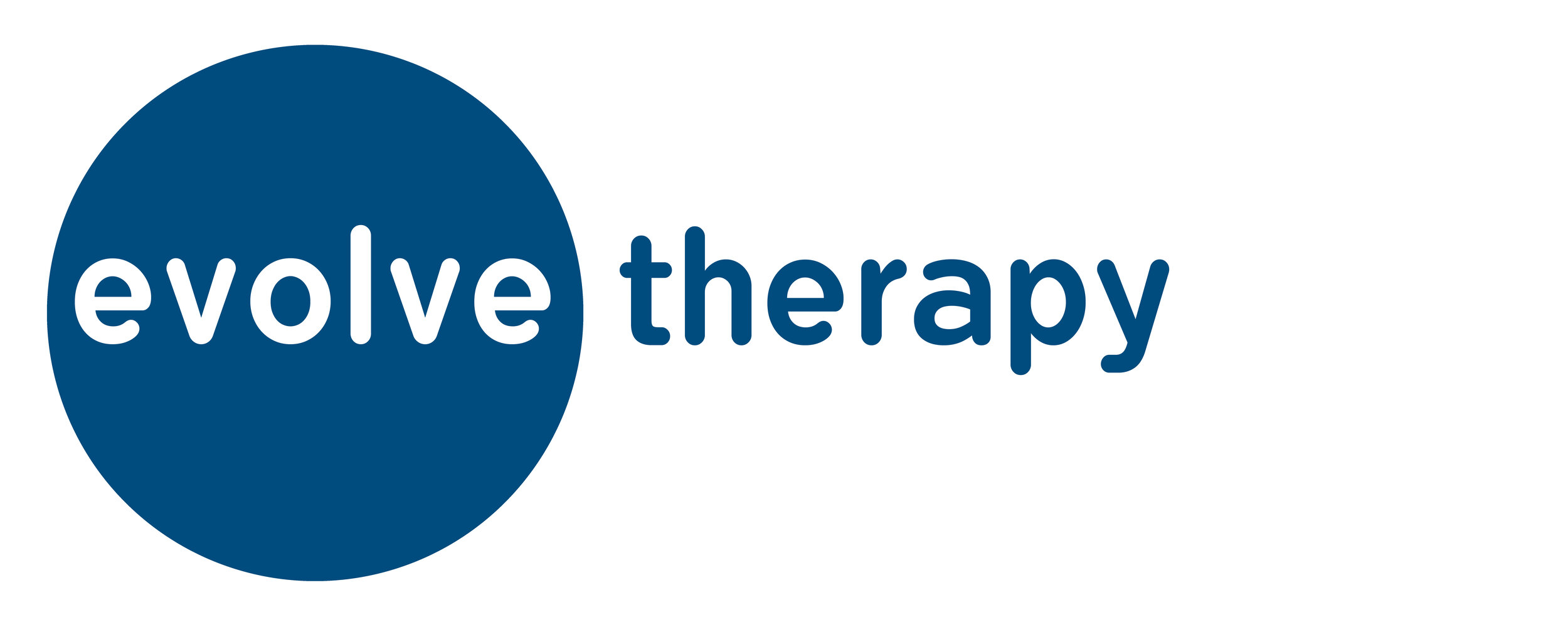Tips to improve relationships
Fight Better
As we struggle to navigate whatever life throws at us we can sometimes find our relationships become fraught. During the Covid 19 pandemic statistics show domestic violence went through the roof. This dark turn is more common than most of us would imagine and terrible for those suffering in abusive relationships. There is information at the end of the blog for those in abusive relationships looking for support.
For many of us though where we are in non-abusive relationships we can often find it hard to approach conflict in healthy ways. In many years of providing couple therapy the theory we have found most useful in helping couples communicate more effectively and to understand what might be happening at a deeper level for the individuals in the relationship is Transactional Analysis. This model suggests we can slip out of an Adult ego state (neutral, in the present) into one of two other ego states; Parent (can seem controlling, judgemental) or Child (can seem defensive, powerless). None of the ego states are considered bad as such but understanding them more consciously can help us improve our communication. If we start to listen to ourselves and our partners as we argue we can pick up on the tone and feeling. When I am asking for the dishes to be done am I sounding demanding and frustrated? Am I in Parent ego state? When I hear my partner ask me why I did not take the bin out and I leap to defend myself are we in a Parent / Child complimentary transaction? There are many short videos on Youtube describing Transactional Analysis (also known as PAC: Parent, Adult, Child). The PAC model is useful for all our relationships, including with family and at work. Often when things become fraught and emotional we can find a transaction of Parent/ Child at the heart of events. Here is one example as an introduction to this model:
https://www.youtube.com/watch?v=Dnrqo-LMSGs
2) Learn to listen
Don’t we all feel tempted to point the finger of blame sometimes? A useful approach when we feel that urge is to stop and ask ourselves: “Where am I in this situation? How am I approaching it? How do I sound?”
Learning to really listen to ourselves and our partners can foster a different framework in our relationships. This can lead to a deeper understanding and greater empathy. Listening well is especially important when we disagree. Listening is a skill that can be developed. Active listening is an approach to listening to encourage understanding. It involves these features:
- Pay attention
- Show that you are listening by focusing on what your partner is saying, facing them with alert body language, and by not interrupting.
- Asking clear non-judgmental questions to gain greater clarity. Acknowledge the feelings of the speaker so they feel heard emotionally understood.
- Respond appropriately. Think before you speak, consider words that most accurately reflect back what the person is saying. Use summarising and paraphrasing to show that you understand what your partner is feeling and trying to express.
When we are heard properly in this way magic can happen! Even in the worst conflicts when both parties feel heard and understood the conflict can move to a phase of negotiation. In our relationships we can often believe we are arguing about the dishes or the bin being put out when we are actually repeating old patterns: perhaps we feel unheard, frustrated and unimportant to our partner. This can be a lonely place for both people. When we start to listen properly we can also learn to empathise.
3) Reverse the argument
One hack to illicit greater understanding is to reverse the argument. This should be done before conflict escalates and emotions are triggered. Taking your partners stance and describing as accurately and genuinely as possible what their feelings, thoughts and desired approach to the subject in debate is. Having to drop into the world of the other person in this way has two desired affects: it deepens your own understanding of them and it helps them see themselves reflected and understood. Again this can be the place to then start any negotiation or move to acceptance in an Adult ego state.
4) Acknowledging the different aspects of self.
Human being are complex. We can often see ourselves as being one thing, when in reality our inner world is fraught with battles between many different parts. By consciously considering the different parts of our own inner worlds we can approach conflict in a more aware way. A simple tool to helping achieve this is to ask the following questions of yourself in order to help you make good meaning.
What is happening in my body? What is it telling me?
What emotions can I identify?
What thoughts are coming up for me? Are they catastrophising or overly simplistic and lacking in nuance?
How am I behaving?
Asking these questions can help us get some space around the different parts of our inner world. Then we can see if we are taken over by an old fear or if there is a thought stuck in an unhealthy way that doesn’t accurately reflect reality.
Next month in Part two we will look at other ways to help relationships grow.
These tips can help in most relationships, however If you are experiencing domestic abuse, these organisations can help:
Victim Support - www.victimsupport. org.uk
https://www.mygov.scot/domestic-abuse/support-for-female-victims
https://www.mygov.scot/domestic-abuse/support-for-male-victims
https://womensaid.scot/contact/
